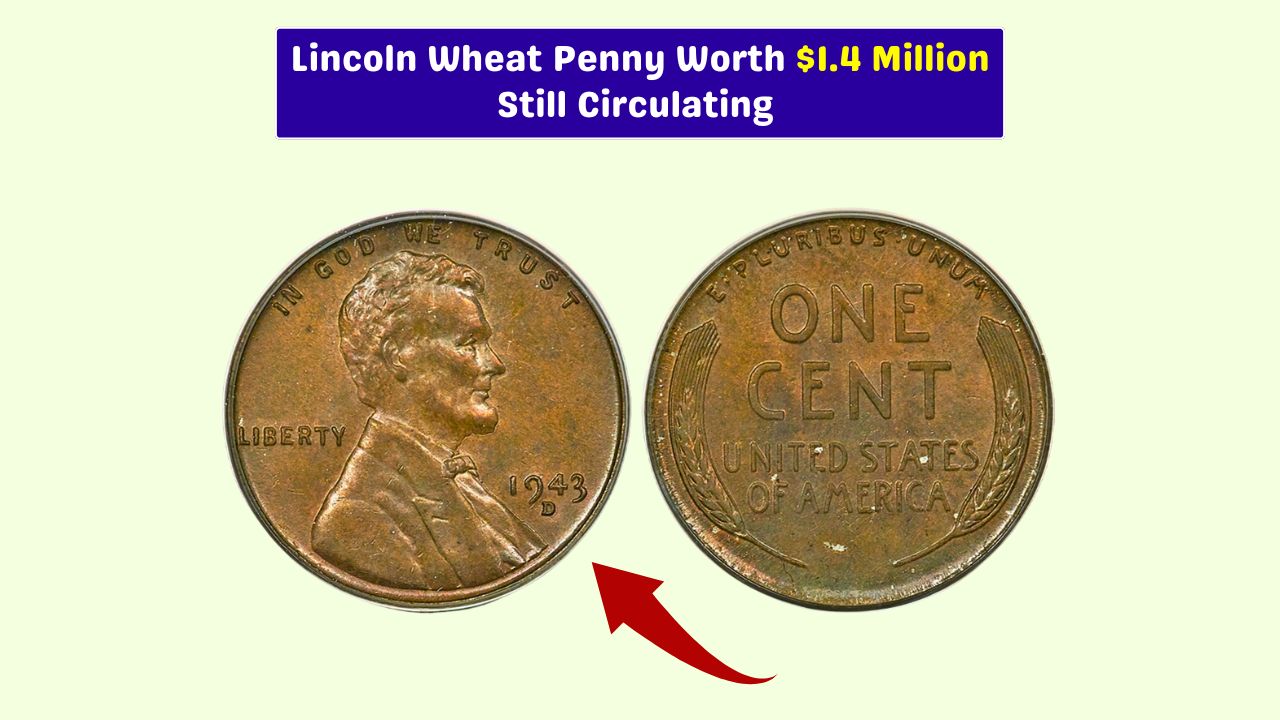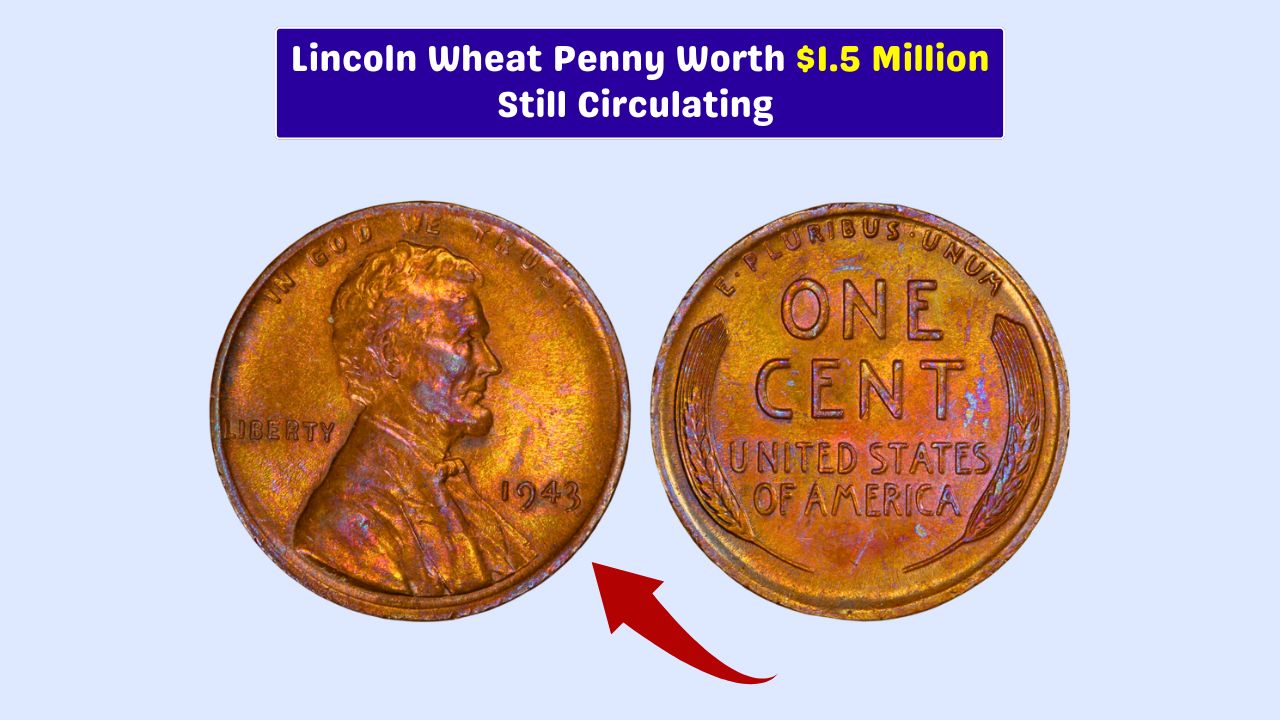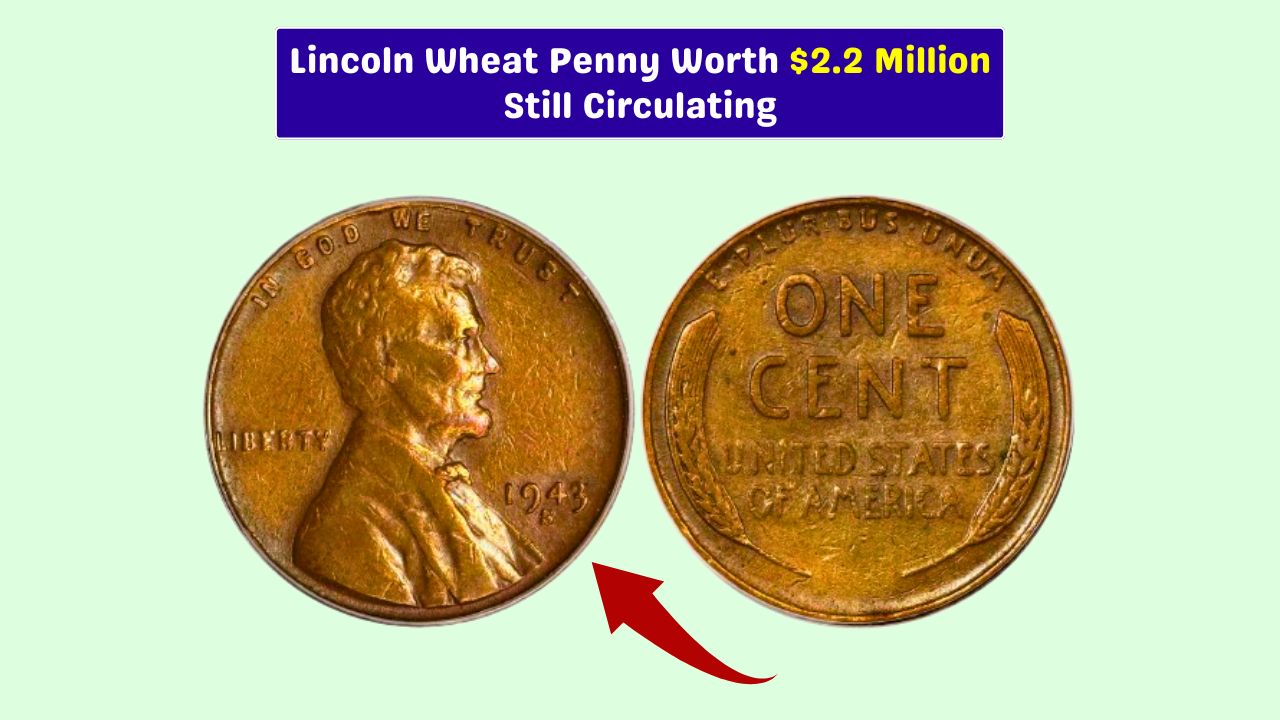With essentials like rent, food, and fuel still climbing in cost, the UK government is stepping in once more to ease the pressure. In 2025, the £650 Cost of Living Support payment is back, offering crucial help to those feeling the financial strain. First introduced during the height of the Cost of Living crunch, this payment has since become a vital resource for many struggling households.
Here’s what you need to know who gets it, when it’s coming, and what’s new this time around.
Eligibility
This payment isn’t for everyone—it’s aimed at people on low incomes. If you’re already getting certain means-tested benefits, you’re probably in line to receive it. These include:
- Universal Credit
- Pension Credit
- Income-based Jobseeker’s Allowance (JSA)
- Income-based Employment and Support Allowance (ESA)
- Income Support
- Working Tax Credit
But here’s the key: you must have been receiving one of these during a specific “qualifying period” set by the DWP. Miss that window—even just slightly—and you could miss out.
Updates
There are a few changes to note this year.
- No forms, no hassle: Most people won’t need to apply. If your benefit claim is active and up to date, the payment comes automatically.
- Stricter fraud checks: The DWP is tightening security, so if your address or bank details have changed, update them right away.
- Phased payments: Instead of one big wave, payments will roll out in stages, making the process smoother and easier to track.
Here’s how this year stacks up against last:
| Feature | 2024 Scheme | 2025 Scheme |
|---|---|---|
| Application Required | No | No (Still Automatic) |
| Payment Method | Direct Deposit | Direct Deposit |
| Payment Timing | Summer (one-off) | Late Spring to Early Summer |
| Fraud Checks | Basic | Enhanced |
| Communication from DWP | Limited | Improved notifications |
Timing
Payments begin rolling out in late spring 2025 and are expected to wrap up by early summer. No action needed—just double-check that your benefit details are correct. If you’re eligible but don’t get anything by the end of the window, contact DWP or check the GOV.UK site.
Usage
Let’s be real—£650 doesn’t stretch as far as it used to. But it can still help if you spend it wisely:
- Prioritise utility bills, especially with energy costs still fluctuating.
- Cover urgent rent or housing costs to avoid falling behind.
- Stock up on groceries or essential household items.
Also, local councils and community organisations might offer additional support—think energy rebates, food vouchers, or budgeting advice. Combined, it can make a real difference.
Support
This isn’t just a short-term patch. The payment is part of a bigger push to support struggling families through tough times. With the economy still uncertain, more help is likely coming.
Keep tabs on:
- New benefit changes
- Tweaks to Universal Credit
- Fresh rebates or hardship funds
Staying updated is crucial missing a notice could mean missing out.
In the end, while £650 won’t solve everything, it offers a bit of breathing room. And in a year when every penny counts, that relief matters more than ever.
FAQs
-
Who gets the £650 payment?
People on means-tested benefits like Universal Credit or Pension Credit.
-
When is the £650 payment made?
Payments start late spring 2025 and finish by early summer.
-
Do I need to apply for the support?
No, it’s paid automatically if you’re eligible.
-
What if I don’t get the payment?
Contact DWP or check your benefits via GOV.UK.
-
Can I get extra support?
Yes, check with your local council for food or energy help.









